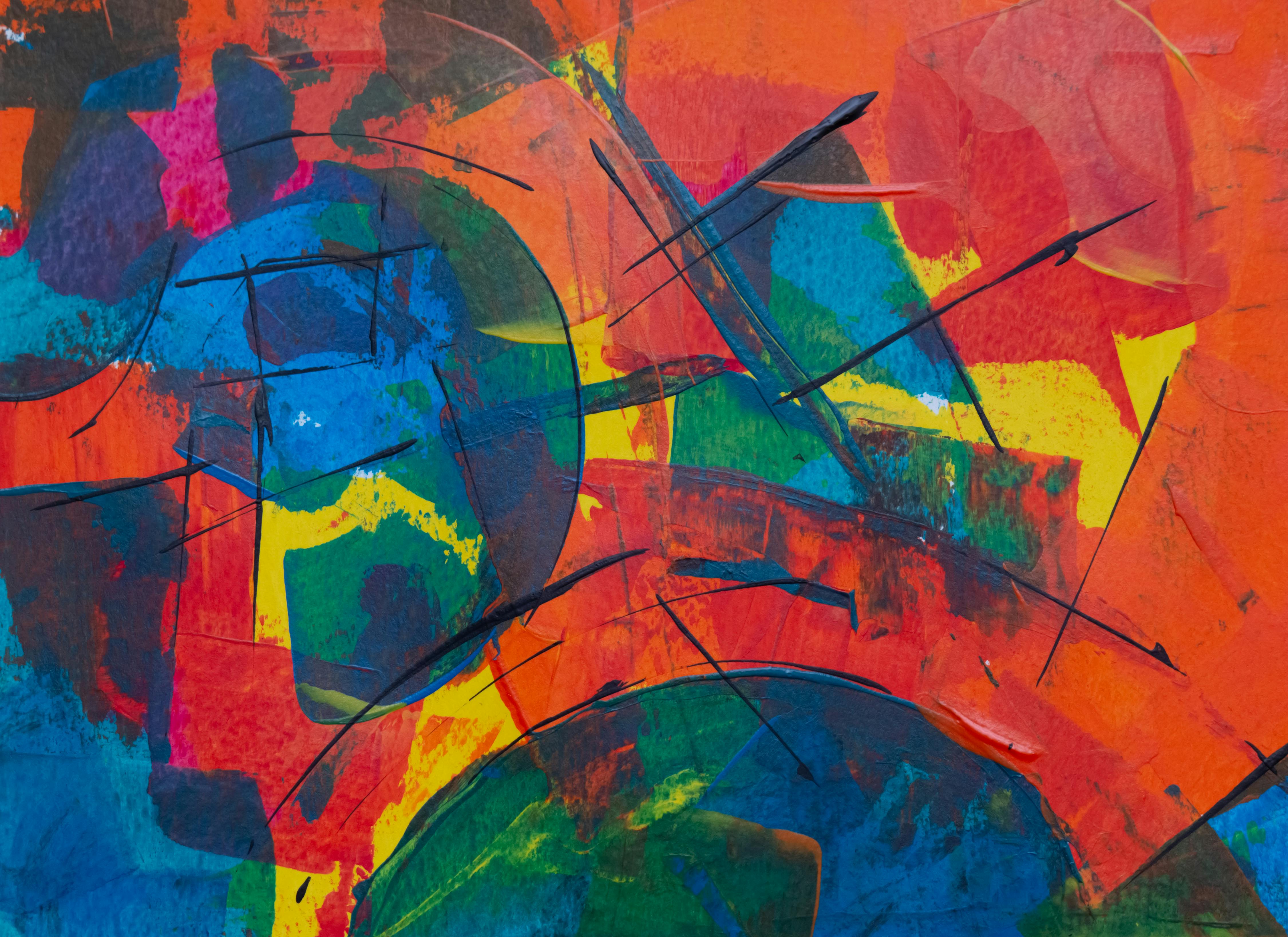There are numerous crime shows that fill the prime time slots. And you can find some version of Law and Order, CSI, etc. at any time of the day on various channels. Writers are getting more and more creative and have a never-ending supply of inspiration from real-life events that they can put various spins on. The actors are dedicated and the directors are creating stories that are engaging and elicit emotional responses.
I know that they are personally my favorite thing to tune into when I watch TV. I watch a complicated crime unfold and the story unfold around it until the criminal’s slightest mistake is exposed and the perpetrator is collared! This mistake is usually exposed through the use of a combination of an underpaid detective and the unlimited resources of forensic science. I have often feared that this information might be misconstrued by some as instruction. The program lays out how to commit the crime, what mistakes to avoid, and, if arrested, how to carry out your trial until acquittal.
The truth of the matter is that the numerous crime shows and the frequency with which they are broadcast do, in fact, have an effect on real-world expectations. This effect has earned its own buzz phrase called the “CSI Effect”, which is also known as the “CSI Syndrome”. This effect is described as the viewing of crime shows that raises victims’ and jurors’ expectations of forensic science. Television writers can exaggerate the accuracy of forensic techniques, as well as exaggerate the ability of forensic science. Expectations of crime scene investigation and DNA evidence are especially affected. Prosecutors are being pressured to present more forensic evidence in court. Potential jurors are sometimes asked if they are viewers of Forensic Crime shows, as this trend is being considered.
Similarly, there are findings to suggest that forensic science programs help criminals cover their tracks. According to Joshua Marquis, an Oregon prosecutor, “it’s not uncommon for criminals to now bring in bleach to disinfect a crime scene.” Criminals are learning what not to leave behind at crime scenes and are getting much better at covering their tracks. The effects of the crime show on criminals can also be seen on the other hand, which is much more positive. The message to many is likely to be that no matter how they try to cover up their crime, forensic science will reveal their identity.
Whether we look at the positive or negative effects on the criminal, the victim, or the jury, any of the findings support the cultivation theory. Cultivation theory holds that television cultivates a distorted worldview in which the perception of social reality resembles the reality portrayed on the television show. Looking at crime shows, the cultivation theory would say that the impact on an individual would be the tendency to overestimate the rate of violent crime or the prevalence of law enforcement.
We are exposed to a plethora of police shows. Writers are getting more creative and have an endless supply of inspiration from real-life events. And it seems that life events are equally affected by the shows themselves! The emotional responses that these shows tend to elicit carry over into our views, opinions, and expectations of the real-life scenarios.



